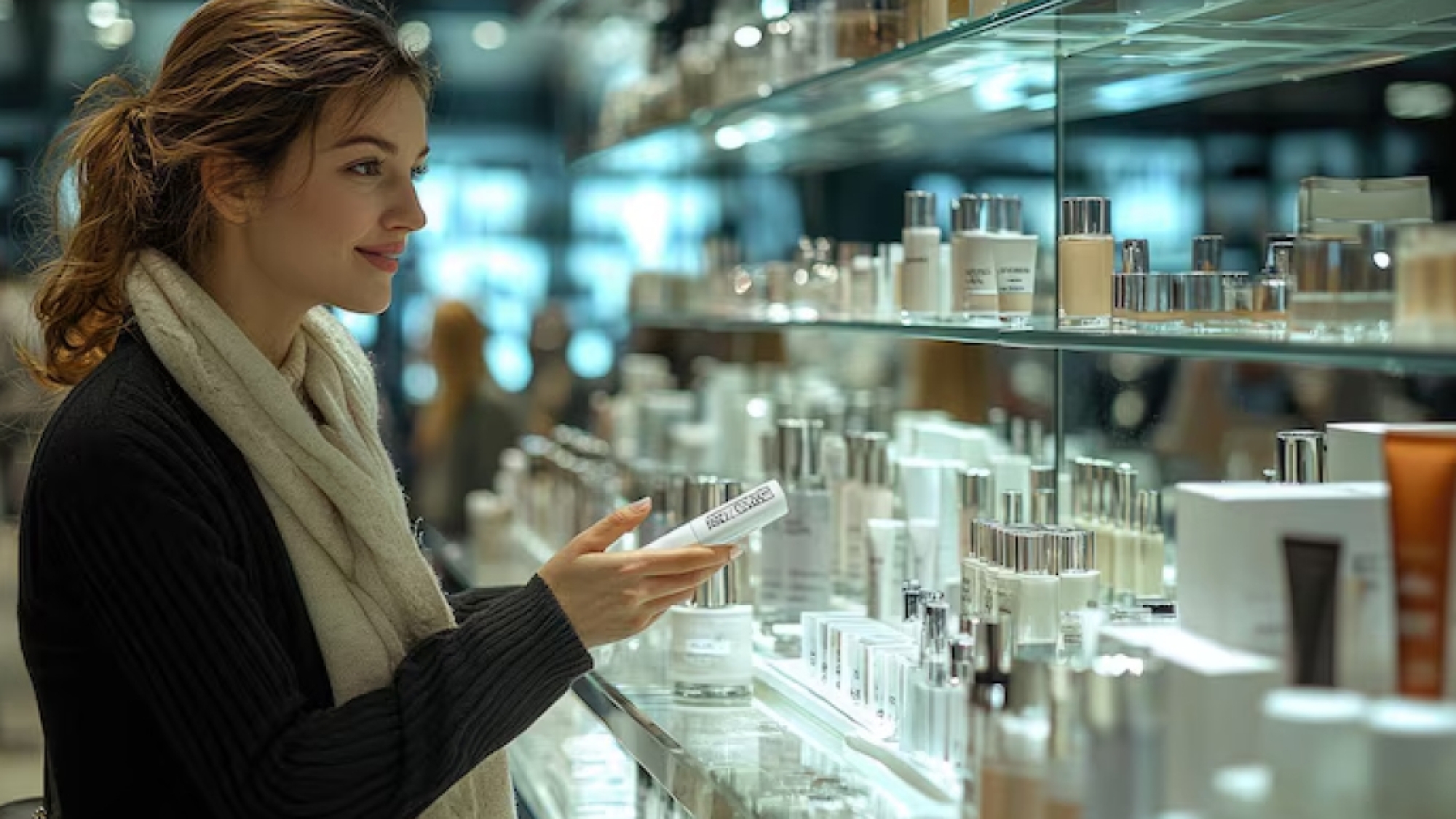In recent years, the beauty industry has witnessed a significant shift in consumer preferences, with private label cosmetics becoming increasingly popular. Once dominated by established global brands, the market is now more accessible to retailers and entrepreneurs who create their own cosmetic lines. But what has fueled this rise? Let’s explore the factors behind the growing success of private label cosmetics.
The Growth of Private Label Cosmetics
Private label cosmetics refer to products manufactured by third-party companies but sold under a retailer’s or entrepreneur’s brand name. Traditionally, consumers gravitated toward well-known beauty brands. However, recent developments have reshaped the landscape, opening the doors for smaller businesses to offer competitive products under their own branding.
1. Affordable Luxury
One of the primary drivers of private label cosmetics is the ability to offer high-quality products at a fraction of the cost compared to luxury brands. Many consumers are now more cost-conscious but still want premium beauty products. Private label brands have filled this gap, providing excellent formulas and trendy packaging without the high price tag. This has helped break the myth that only expensive beauty products offer quality results.
2. Customization and Niche Targeting
Private label brands allow companies to be more agile in responding to trends and consumer demands. From cruelty-free and vegan options to eco-friendly packaging and organic ingredients, these brands can cater to niche markets more quickly than larger corporations. The flexibility and customization options have enabled private labels to thrive in areas that resonate with today’s ethical and socially aware consumers.
3. Influencer-Driven Marketing
The rise of social media influencers has played a major role in the success of private label cosmetics. Influencers often prefer to work with smaller, more niche brands, and as a result, private labels have enjoyed the benefit of authentic promotion from key opinion leaders. With platforms like Instagram, TikTok, and YouTube, private label cosmetic companies have found effective, direct channels to connect with consumers and build brand loyalty.
Why Retailers and Entrepreneurs Are Joining the Private Label Movement
With the increasing popularity of private label cosmetics, retailers and entrepreneurs are eagerly entering the market. For many, creating a private label cosmetic line offers high profit margins and the chance to build brand identity. Unlike reselling existing products, private labels provide the opportunity to craft a unique offering that can meet specific consumer needs.
Moreover, the lower barriers to entry are enticing new players into the field. Many third-party manufacturers offer comprehensive services, from product development to packaging and even logistics, making it easier for businesses to launch their own cosmetic lines without needing in-house production facilities.
Challenges Faced by Private Label Brands
While private label cosmetics are rising in popularity, there are challenges involved. Building consumer trust can be difficult, especially when competing with well-established global brands. Additionally, maintaining consistent quality and keeping up with the rapid pace of innovation in the beauty industry requires effort and constant attention to detail.
Conclusion
The rise of private label cosmetics represents a significant shift in the beauty industry. From affordability and niche targeting to influencer-driven marketing, these brands are reshaping the way consumers shop for beauty products. As the market continues to grow, we can expect even more innovations and opportunities for businesses to create their own successful cosmetic lines. Whether you’re a retailer looking to expand your product offerings or a beauty entrepreneur with a unique vision, the future looks bright for private label cosmetics.


Leave Your Comment